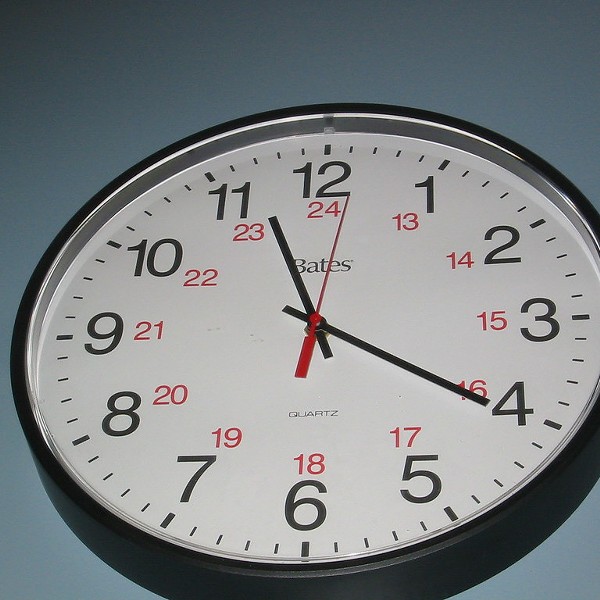Virgilio goes to a once-weekly caregivers’ support group. “It’s the one thing I make time for,” she says, because “unless you’ve cared for someone with Alzheimer’s, you don’t understand. I have to remind myself not to get angry at my mom about the things she does sometimes—that’s where a support group really helps. You learn that certain behaviors and problems are universal.”
Virgilio also learned practical ideas from others. “I took the car down to have a switch put in so you can’t start it unless you know where the switch is. That takes away the battle with mom about whether she can drive. Sometimes she forgets that we already agreed it’s dangerous to drive, and insists on getting in the car to drive somewhere.”
Rescuing the Overachiever
When a loved one falls ill, it’s understandable to want to do everything possible for them. In the short term, that might be manageable. But in the case of progressive, protracted illness, being an overachieving caregiver is exhausting. Nearly a fourth of family caregivers responding to a 2003 survey by the National Alliance for Caregiving/AARP said they spent at least 40 hours a week tending to a person with dementia; 71 percent of them had cared for someone for more than a year, and a third had done so for at least five years, at that level of time involvement. Two-thirds missed work to accomplish their caregiving responsibilities, and nearly 10 percent turned down promotions or lost job benefits.
William Colagrande, a psychotherapist in Kingston and director of the Institute for Human Development, sees how ordinary people try to tackle this task they never expected. “Unlike a doctor or nurse who chooses to be in the caregiver profession,” he says, “the people I speak to [in therapy] haven’t trained for that. The responsibility suddenly drops on them like the Wicked Witch of the West. They often overcompensate for lack of training by overdoing. They won’t even go out for coffee with a friend, or to a show in the evening, because they feel they can’t leave. They isolate themselves and lose the balance in their lives.”
But how does a caregiver shed tasks that it seems nobody else can, or will, attend to? A starting point is to learn about services in the community. Drawing on just one or two of them may put life back into the manageable zone, and boost mood, energy, patience, and endurance. The person being cared for may enjoy something new, such as interacting with someone else or socializing out of the house.
Grappling with Guilt
Virgilio is her mother’s only caretaker. For close to five years, she has rarely asked for help, and only recently hired a professional in-home caregiver to give her a break occasionally. “It took me a long time to not feel guilty about going out on my own,” she says.
Colagrande tries to educate people about what he calls “real guilt” versus “false guilt.” In brief, real guilt derives from acts of commission or omission that have harmed another, whereas false guilt is often characterized by an element of wishful thinking: “I should have foreseen this,” “If only I had acted more quickly,” and so on. False guilt is a form of self-punishment emerging from feeling you’re never good enough, or doing enough, to please others. “We must burst that bubble of false guilt,” Colagrande emphasizes. “People must realize that going out isn’t a transgression. It’s incumbent that they take breaks, get help, relax.” He compares it to that scenario that flight attendants tell you about in case of emergency: Put on your own oxygen mask first, so you’ll survive to help others.
There’s another type of guilt to release: that of fudging the truth or outright lying to your loved one. Says Virgilio, “I’ve come to grips with lying, or saying things that aren’t correct, or agreeing with things that I know aren’t right. Sometimes it makes her cry when I insist that I’m right. It took me a long time to just let go of being right and agreeing with what she wants to hear.” Her mother doesn’t recall the conversations later anyway, and better to enjoy the moment instead of spending time arguing, Virgilio advises.
Rewards of Caregiving
In spite of significant challenges, the benefits of caring for a loved one with a progressive illness are there for the gleaning. Deana Simpson, a registered nurse who created a website to help those dealing with CJD (Creutzfeld-Jacob disease, a rare form of dementia) after her mother died of the illness, spoke at a caregiver conference a few months back in the Hudson Valley. Simpson offered these positive outcomes from taking care of a dying loved one, which she’s discovered firsthand:
















